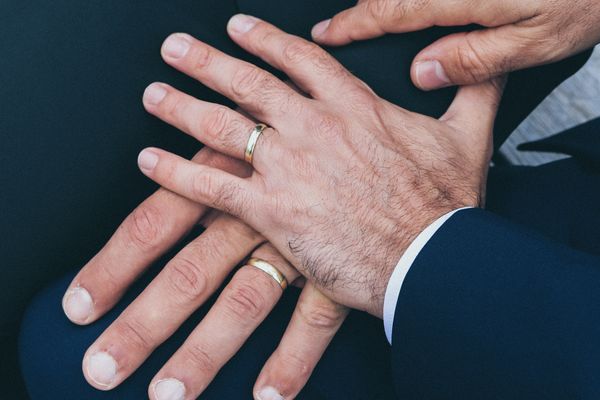Toxic behavior is nothing new on the internet. The internet's ability to create anonymity and distance between those we communicate with has lead to us displaying some ugly behaviors we normally wouldn't share in person. From harassing other fans to sending death threats to creators, bad behavior seems to run rampant on the internet, but especially in internet fandoms. Fandoms are usually a place to celebrate a shared love of something, so why is there so much hate within them.
It all starts with somebody's love of something. People typically join a fandom, like Star Wars or Game of Thrones, because they form a love for that piece of media. Maybe they grew up with it and it made up a large portion of their childhood or maybe they connected with the themes and characters on an emotional level. They form a deep bond with these fictional characters and worlds, which makes it more emotionally distressing for them when they see the media they love being criticized or mistreated by others.
These pieces of media form a large portion their identity and they feel that any criticism toward the media is a criticism toward them. If you point out that a piece of media that you like has racist or sexist undertones in it, it feels like they are calling you racist or sexist for enjoying that piece of media. This leads to people getting overly defensive and emotional about the media they love to the point where they start throwing threats at the people making the criticism.
Toxic fans take there love of a certain media to an extreme and they start to become overly possessive with it. They act like the media belongs to them and that their opinion of it trumps any other opinion one might have. They believe that their opinions on the media even trumps that of the creators when they do something they personally don't like, just look at the Star Wars fandom. This forms a sense of entitlement surrounding the creation of the media. They believe that their love of the media entitles them to be a part of the creation process, and when they are rejected or ignored they feel emotionally betrayed and start lashing out against those who ignored them.
A lot of resentment is also aimed at new fans who want to enter the fandom. These new fans probably like a part of the media that another person doesn't like, so they start considering those fans as "not real fans". They start dividing the fandom into two groups the "real fans" who are met with respect and the "not real fans" who are othered and treated with disrespect. This leads to harassment and bullying in an attempt to keep them out of these online spaces.
Non of what I've said hear is meant to justify the behavior of these toxic fans. This was meant to show how these behaviors manifest in people and understanding them better is the first step toward avoiding them. When you really look at it these are the same behaviors humans display when they talk about their religion or country. Humans are often emotionally attached to things and, just like everything else, humans often have a hard time managing and expressing their emotions in a healthy manor.
- 3 Tips For Participating In A Positive Fandom Environment ›
- When Fandoms Go Too Far: When A Fan's Over-Devotion To A ... ›
- Sports Fans Need To Stop Their Toxic Behavior ›
- I'm Really Getting Fed Up With Toxic Fanboys Ruining Fandoms ›
- Psychology And The Fandom: Why Fandoms Are Good For Your ... ›
- What Is Fandom And Why Is It Important? ›
- I Called Out Toxic Star Wars Fandom. Then They Proved My Point. ›
- Why Your Favourite Fandom is So Gotdamn Toxic | by Laquesha ... ›
- Toxic Fandom: When Criticism and Entitlement Go Too Far - GeekDad ›
- How Kids Can Avoid Toxic Fandoms : NPR ›
- What's Toxic Fandom, and What Creates It? - ReelRundown ›
- How Misery Predicted Toxic Fandom | Features | Roger Ebert ›
- Toxic fandom: Online bullying in the name of your favourite stars ... ›
- 'Justice League' to 'Star Wars': Studios Face Toxic Fandom – The ... ›
- What Is Toxic Fandom? ›
- fandom - Wiktionary ›
- Fandom - Wikipedia ›





















